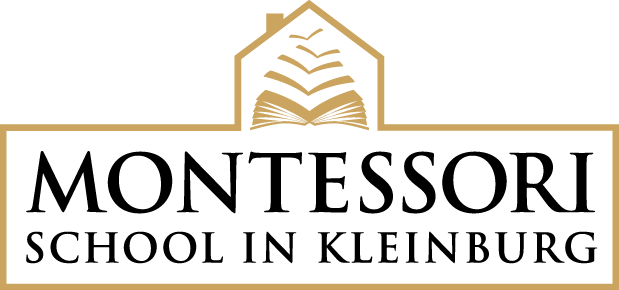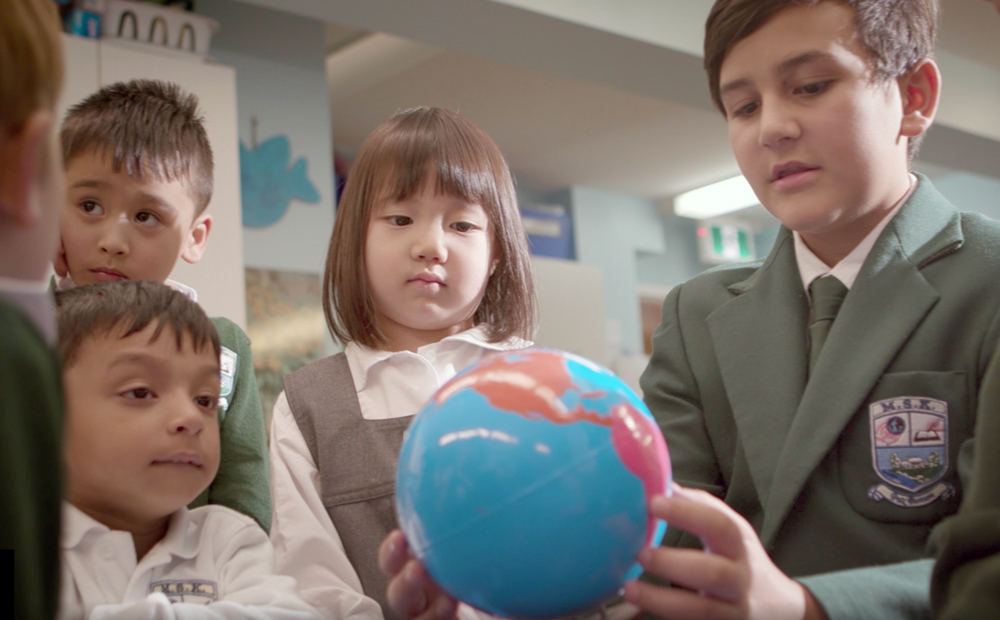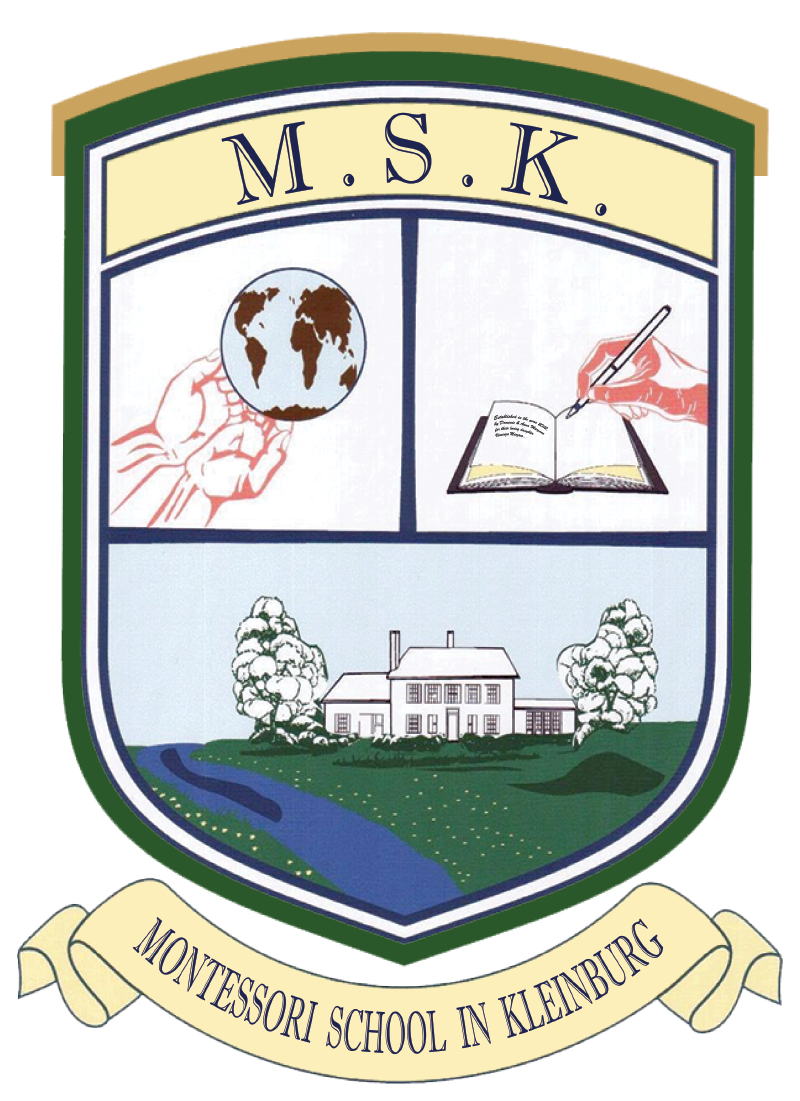Have you ever reflected on the benefits of a Montessori education, let alone at our school? If someone asked you, “why do you send your child to a Montessori school?” and you only had 30 seconds to answer (a la elevator speech), what would you say? We all know a Montessori education is good for our children, but let’s dive a bit deeper.
Since we opened our doors in 2002, we know the power of a thorough and meaningful Montessori education by the success of the hundreds of students that have completed our program. We offer a way of learning that allows children to follow their own curiosities to make meaningful and impactful connections about the world around them. A Montessori education also prepares children for life beyond school with lessons in empathy, compassion and care of self and the environment –it provides children with the tools to become productive and responsible members of society.
But, not many people know that any school or daycare can call themselves a “Montessori” school – there is no legal obligation to use that term. Only a handful of schools are bestowed the Canadian Council of Montessori Administrators (CCMA) registration like us. On top of providing a true and authentic Montessori education, our school offers competitive and inspiring advantages. We are proud to report that our alumni include triathletes, doctors, engineers and they accredit their time at MSK as building a crucial foundation in their learning skills.
We thought long and hard about what makes MSK an exceptional school and the list was plentiful. But here are our top five reasons why a Montessori education at MSK is an exceptional choice.
1. Prepared Environment –
At MSK, our classrooms allow children to be active participants in their learning—they are the primary focus of the class (come check out our classrooms, you won’t see a teacher’s desk at the centre!). They lead their own discoveries through age-appropriate materials that are organized and meaningful. This allows children to learn and live in their “own world”; they develop the ability to do things without asking for assistance. We feel that if a child can do it on their own, there should be no interference from an adult as this builds character, perseverance and self-worth.
2. MSK Teachers –
We may be biased, but we have the best faculty here at MSK. Our teachers have been with us for years and are a constant source of security and trust in our students’ learning. They are top-notch professionals who are formally trained under the Montessori pedagogy. Aside from their classroom skills, our teachers genuinely love their students. Morning drop-offs are the best time to see this – every day our staff are outside welcoming students with a smile, ensuring everyone’s day starts off on the right foot since we are all in this together!
3. Adaptable and Personalized Curriculum –
Our teachers are trained to observe each and every student to create a clear, personalized learning pathway. As students learn by exploration on their own, not as a group, the teacher will introduce concepts and materials when interest is shown and it is not forced upon them (as it is in more traditional learning settings). When the child is ready and willing to absorb specific materials, that’s when stronger, deeper, and long-lasting learning connections will occur.
4. Safety –
Above all else, safety is our primary concern at MSK. We have a robust security and safety protocol that ensures the safety of each and every one of our students and staff. We also benefit from the location of our campus. Tucked away from major roadways, surrounded by a beautiful forest overlooking the Humber River Valley, MSK is a haven from noise, pollution, and passersby.
5. Above and Beyond Provincial Standards –
Students who leave MSK are always ahead of their peers. We could accredit this to the Montessori approach, but at MSK we take it one step further. Children as small as three are learning about land formations, geographical features and zoology. Not to mention, students are taught important skills like cursive writing to express their thoughts. Some balk at cursive saying it’s no longer necessary – but imagine a world where no one can sign their name?
When it comes to more practical concepts like language and math, our students have the advantage of deeper and meaningful understandings of those topics (see points 1 and 3). Students aren’t participating in rote memorization or listening blindly to a teacher’s lecture. They are manipulating materials and creating their own “a-ha” moments of discovery!










